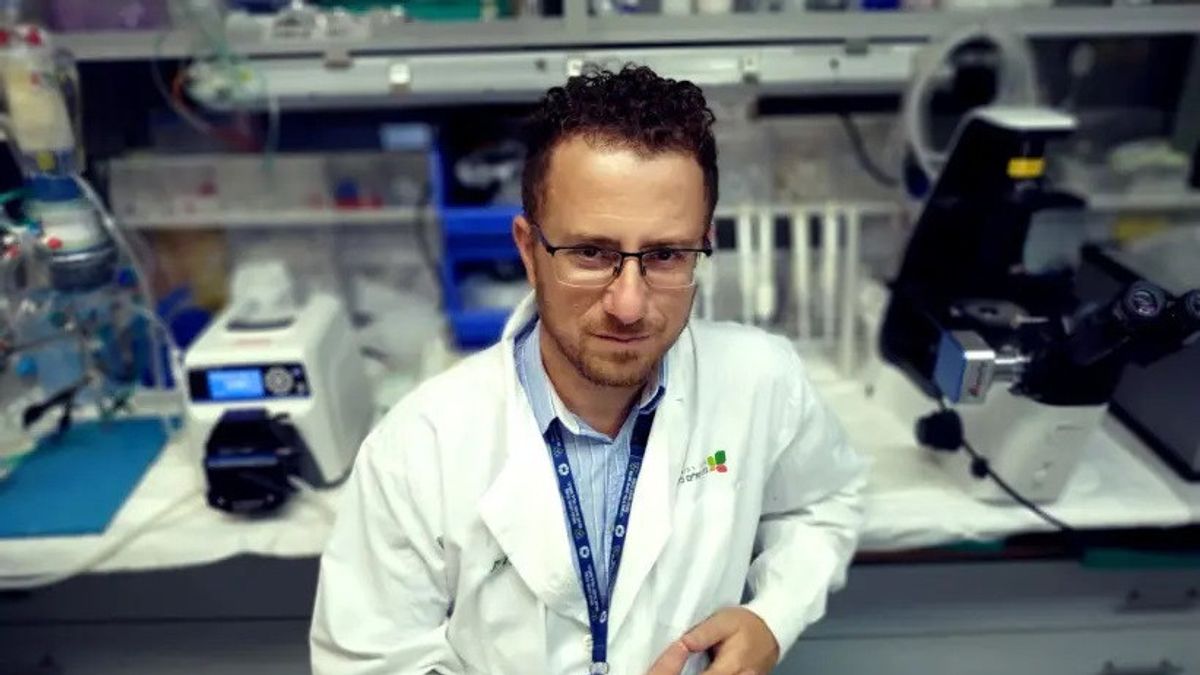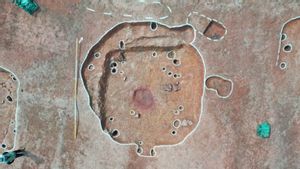JAKARTA - An Israeli research team has developed a hybrid organ, an organ from a pig with 'human' blood vessels, which they believe could help alleviate the shortage of transplant organs.
There have been many attempts to implant animal organs in humans, but, most of them have been unsuccessful, largely due to acute rejection, explains Dr. Shahar Cohen of Beilinson Hospital, whose team developed the hybrid organ.
The main trigger for organ rejection is the inner lining of its blood vessels, he said. This layer is the point of contact between the transplanted organ and the recipient's body.
"We are looking for ways to produce alternative layers that don't cause resistance", Cohen said, citing The Jerusalem Post April 7.
The solution, Cohen's team removed the lining from the pig's blood vessels and replaced it with a more 'friendly' lining for the human immune system, engineered in the laboratory from human placental cells, which has so far been known to trigger no rejection.
"Instead of destroying whole organs, we only target some organs, the most important parts", Cohen explained.
"We removed the inner lining of the pig's veins and replaced it with the 'human lining', thereby humanizing the vascular organ and producing a hybrid organ, the porcine organ with humanized blood vessels. This is a way to overcome the barrier of the pig organ in humans", he explained.
He further explained, the team chose to use placental cells because they are considered the ideal organ that connects two humans, playing a key role in maintaining the relationship between mother and fetus.
The method has been successfully tried so far in a number of organs, such as the heart, lungs, liver, kidneys, pancreas, and limbs, Cohen said. However, until now the experiments carried out are ex-vivo or outside the body.
The results of the team's work were published this week in the prestigious peer-reviewed 'Scientific Report' published by Nature Research.
Furthermore, Cohen continued, the researchers plan to perform their first hybrid organ transplant in animals. In about five years, Cohen hopes to have the first human transplant.
The shortage of organs available for transplantation is a chronic problem globally. Over the past few decades, there has been no major breakthrough in increasing supply and the number of people on the waiting list is high and growing. According to the organization Donate Life, about 8.000 Americans die each year waiting for a transplant.
"We believe that our approach will make this a reality sooner rather than later. Our goal is to change the world and change the face of modern transplant medicine", he explained.
SEE ALSO:
"We want to eliminate waiting lists and have an unlimited supply of organs for transplantation, and a future with fewer anti-rejection drugs in humans so they have fewer side effects and fewer problems related to immune suppression".
"We have a clear path to understanding how to reach this milestone. I think we will be able to achieve this vision".
The English, Chinese, Japanese, Arabic, and French versions are automatically generated by the AI. So there may still be inaccuracies in translating, please always see Indonesian as our main language. (system supported by DigitalSiber.id)


















